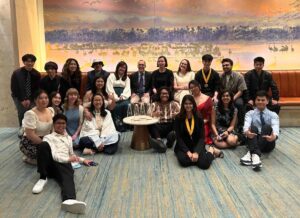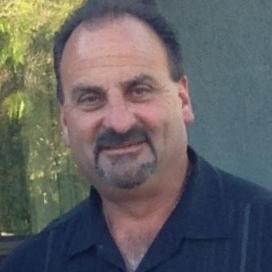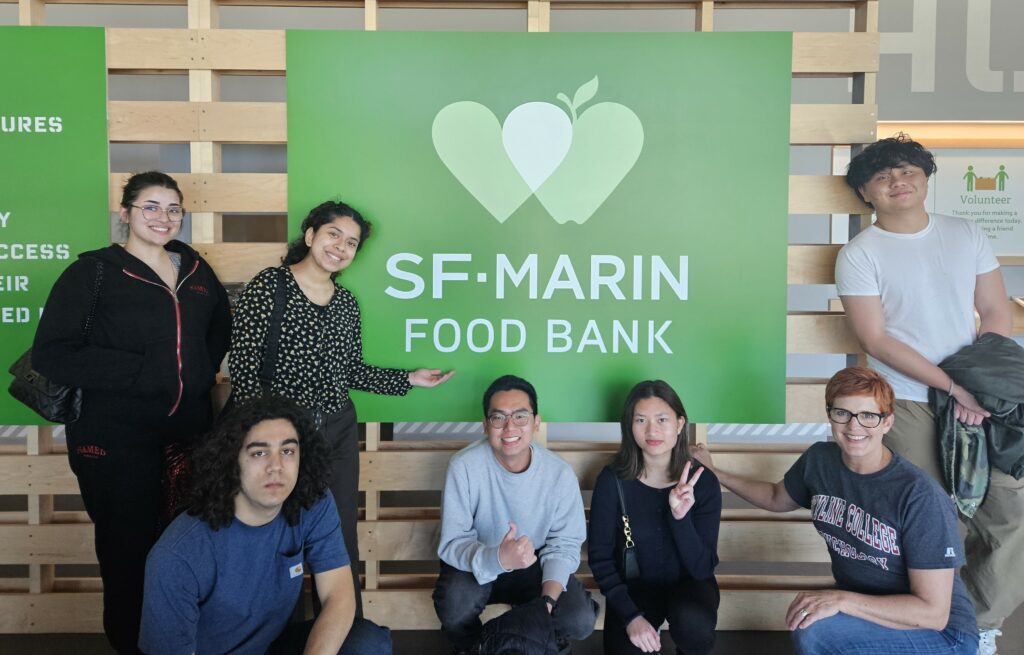The Marketing Department would like to extend a belated official campus-wide introduction to the...
Month: December 2016
Skyline College has made a commitment to rethink and be intentional about the way...
International Student Program (ISP) hosted the holiday get-together for international students during finals week,...
Career Services brought together students and employers through a variety of Career Development events in...
On Friday December 2, the Associated Students of Skyline College hosted a social and...
How do you feel when you hear that 97% of survey respondents would recommend...
Kappa Beta Delta, International Business Honor Society, hosted a Post Election Analysis on Monday,...
Dr. Cheryl Ajirotutu has been appointed to the Global Learning Advisory Board, within the...
The Skyline College Strategic Planning and Allocation of Resources Committee (SPARC) held its final...
The Emergency Response Task Force met on December 1, 2016. The Task Force is...






